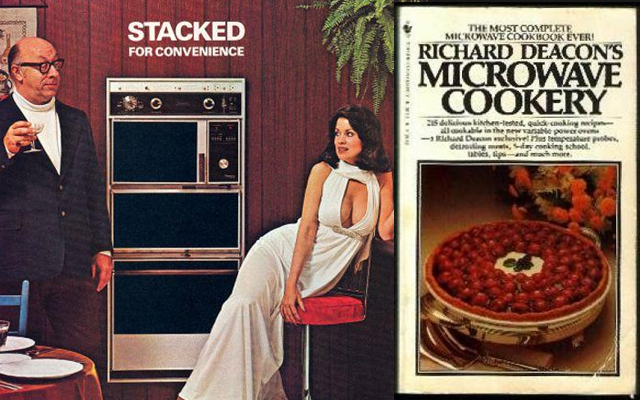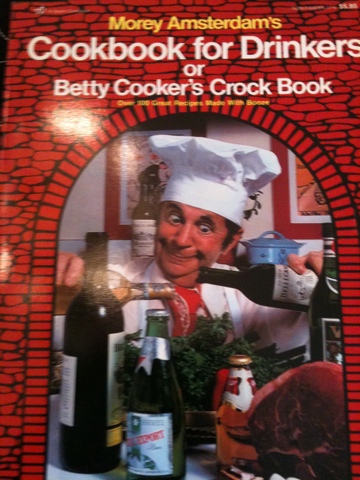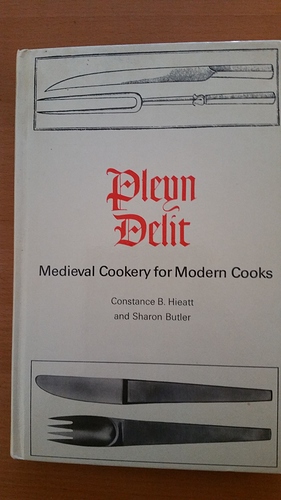
It probably depends on the region, but I’d say Frog vs Limey died around the same time Duplessis did (1959), earlier in other regions. The postwar immigration boom meant there were a lot of non-Frog Catholics around.
The other thing is thanks to declining church attendance, it’s just not a big deal anymore. Only 21% of Canadians go to church regularly as of 2005 (Statscan). I found varying numbers for how many Americans go to church, but most of the numbers are over double that, in the 47-51% range.
Put it this way: announcing which church a Canadian PM was going to attend as part of news coverage on the opening of Parliament would be weird.
I’m sure you could still find some diehards, especially in smaller towns, but mostly nobody cares.
The '70s were a very different time. (Didn’t know Lumpy’s Dad had it in him…)
I have a unique perspective because MrPants is from NFLD.
So the whole Protestant vs. Catholic thing is still very much alive.
But it has nothing to do with religion. LOL - its all cultural.
Also education on the rock was the jurisdiction of the catholic church, they wrote it into their constitution, so you either went to catholic school, or if you were not catholic, you went to the “protestant” school, even if you were Jewish or Hindu or Muslim. That was your only choice. So their culture got split into two from an early age.
Basically NFLD is weird.
I’m a “mainlander” so by default, I’m Protestant, despite never being raised in any church at all. Doesn’t matter, I’m not catholic therefore I’m protestant.
There is still some Frog vs. Limey thing, but mostly I only hear it from ex-pat Brits, I think they brought that here with them, not that it grew here. (Ok legit only talking about my step-father here)
Totally agree. When it does come up, it’s shorthand for culture/racism, as opposed to people actually caring about transubstantiation or whatever.
Re: Frog vs Limey, I have heard the opposite as well – some Quebeckers (francophones from elsewhere in Canada know better) referring to anglophones as “English”, which generally leads to loud reminders that anglophones are hardly all “English”.

Dick Van Dyke Show theme hijack evolving
Now we know why he tripped over the ottoman: Buddy shared lunch at the office.
It’s okay. There’s no point in pretending the 70s never happened.
It wasn’t all Jell-O and tinned pineapple. My medieval cookbook was written and published in the 70s:
ETA: with University of Toronto Press! Therefore CanCon.
Yeah 
It makes me glad my parents were still mostly into 50s food in the 70s, which at our house mostly meant pork chops and potatoes fried in carefully saved bacon drippings, dark rye, and sour cream. And lots of cruciferous vegetables.
Yeah but smoked salmon mousse is delicious!
It hasn’t really been a religious thing for a long time. It was stronger in Quebec while the Catholic church still had a firm hold on the province, but since then the Quebecois have gone secular with a vengeance. Any remaining suspicion of The Other is mostly political/linguistic. I don’t know for sure, but I suspect that anti-Catholic feelings in Ontario a century or so ago were as much anti-Irish as anti-French.
I don’t know if francophones ever used the term “limey” much. If they refer to les anglais, these days it usually means anglophones rather than English nationals.
There are bigots everywhere, but I haven’t heard “frog” used much lately. I have noticed a couple of instances where Americans use the term in a nudge-nudge attempt to ingratiate themselves to anglophone Canadians, on the assumption that the two solitudes are still at each other’s throats.
That’s probably the biggest source of Protestant/Catholic friction in Ontario today. Other religions are not always happy that Catholic schools are funded by the province while their own religious schools aren’t, but there are good historical reasons for the status quo. A proposal to extend public funding to other faith-based schools may have cost the Conservatives the 2007 provincial election.
I used to have that book! I don’t know what happened to it. If I recall, the recipes were not that descriptive, even if one had a good source for swan.
I’ve used it for dinner parties a couple of times. Mostly people are surprised Europeans have been cooking with spices for so long, I guess because wartime and post-war food was so bland. Also that they ate food now considered new and/or non-European, like almond milk and chunks of lamb cooked on sticks.
Yeah, the instructions can be pretty vague in the book, but a lot of my family recipes are the same way, so I just fill in from those. It may not be authentic but it tastes okay  .
.
I HAVE THIS BOOK.
I kid you not.
I have the Edith Bunker cookbook - but some of the inner pages were taken out!
Hmm… My grandmother was doing this sort of thing well before the '70s. Her generation was born in the 1890s. I suspect Jello became a convenient replacement for aspic. There is a bit more continuity to the cuisine than you are taking into account, I think.
True, but the 70s was sort of their last hurrah. I remember Julia Child had a story about being served gelatin salad at a luncheon party in California, after she’d lived in France. IIRC it was one of the reasons she decided to wrote her cook books.
Gelatin salads and desserts make sense in Edwardian cuisine, where if you make them authentically they’re a real way to show off culinary mastery. After going through the “just add water and stir” processed food revolution, they become the culinary way sign for lazy, pinchbeck cookery.
These are friends of mine.
All the recipes are from books I had. LOL
The very first one is from a book I bought while visiting her in LA, that prompted this series.
It started going off the rails with the addition of cottage cheese. Until that point, it was looking like something you could use to fill a pie plate mould after lining it with a mixture of graham cracker crumbs, sugar and butter (cinnamon to taste).
Do we have a case for early ninties.

Looks like we do.
They not heard of the crusades?
